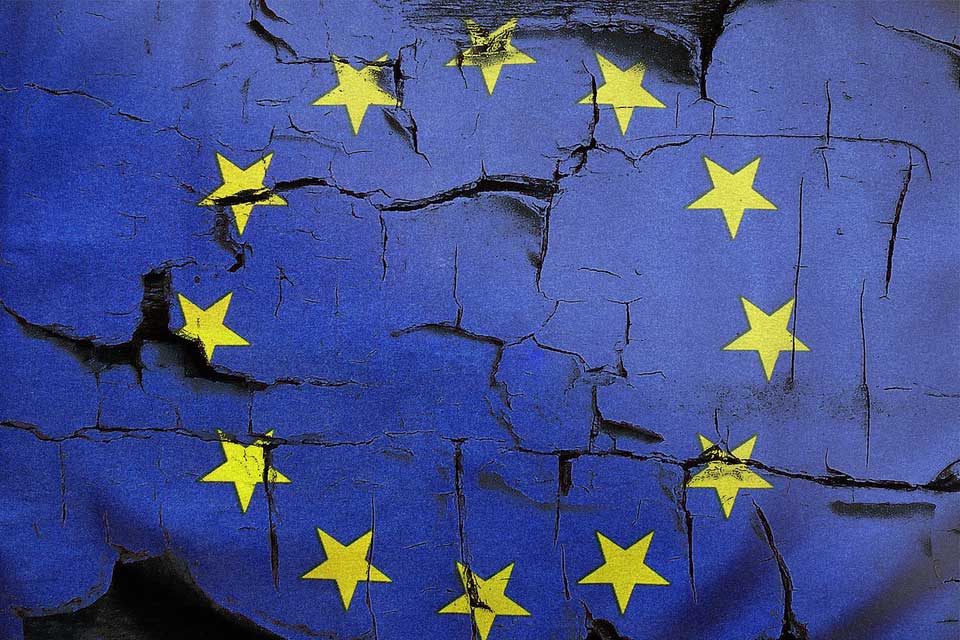The BBC has this week reported that the number of modern slavery cases reported within the UK care industry has more than doubled in the past year, with 109 potential victims between January and March who were exploited for personal or financial gain. This is twice as many as the same period in 2022. But what does this mean for social care employers?
Paul Kelly (pictured), Head of Employment law at Blacks Solicitors, discusses what the Act is and how care employers can use it to protect and support anyone working in the sector who is being exploited through slavery…
What is modern slavery and The Modern Slavery Act?
Modern slavery can be defined as someone who is moved by force, fraud, coercion or deception to be exploited. Globally, almost 50 million people currently live as slaves, and in the UK alone there are estimated to be over 100,000 victims of modern slavery. The Modern Slavery Act was created in 2015 to consolidate historic trafficking and slavery offences to combat modern slavery in the UK.
The Act focuses on protecting victims as well as punishing those responsible for forced labour, slavery or human trafficking. From an employer’s perspective, the Act was brought in to ensure that businesses across every sector, including social care, are transparent about the way they tackle modern slavery and human trafficking.
What does the Act ensure?
Section 54 of the Act requires all commercial organisations with a global annual turnover above £36 million to prepare a slavery and human trafficking statement each financial year, ensuring that businesses are transparent about the ways they are tackling modern slavery.
The statement must set out all the required steps that businesses take to make sure human trafficking has not occurred within its supply chain or the business in general. Organisations who turn over less than £36 million annually can decide whether or not they wish to make a voluntary statement.
The Act ensures victims receive protection by:
-
Creating a statutory defence for victims of modern slavery so that they are not inappropriately criminalised;
-
Giving the courts new powers to order perpetrators of slavery and trafficking to pay Reparation Orders to their victims;
-
Providing child advocates to support child victims of trafficking;
-
Extending special measures so that all victims of modern slavery are sufficiently supported through the criminal justice process;
-
Providing statutory guidance on victim identification and victim services, including an enabling power to put the relevant processes on a statutory basis; and
-
Introducing protections for victims of abuse on an overseas domestic worker visa.
What does the Act mean for businesses?
Currently, there are no criminal penalties for organisations who fail to implement a modern slavery statement, although the Secretary of State can in some cases apply to the High Court for an injunction to require compliance. A failure to comply with a High Court order could result in an unlimited fine being issued.
Businesses subject to the Act need to ensure that any modern slavery statement they produce is published on the website. A failure to publish the statement is itself a failure to comply with the Act and exposes the business to the risk of sanction, such as a fine being issued. Aside from the financial penalties a business could face for failing to comply with the Act, the reputational damage a business would be exposed to if it fails to prevent modern slavery could be incalculable. Despite the statement having no criminal penalties for non compliance, it is best advised for businesses to comply to prevent reputational damage.
The Act extends to both England and Wales, but some provisions apply in Scotland and Northern Ireland. The 2019 Global Slavery Index placed the UK as the country taking the most action to respond to modern day slavery, along with France, Netherlands and Australia who all introduced legislation targeting slavery and trafficking within the last 10 years.




